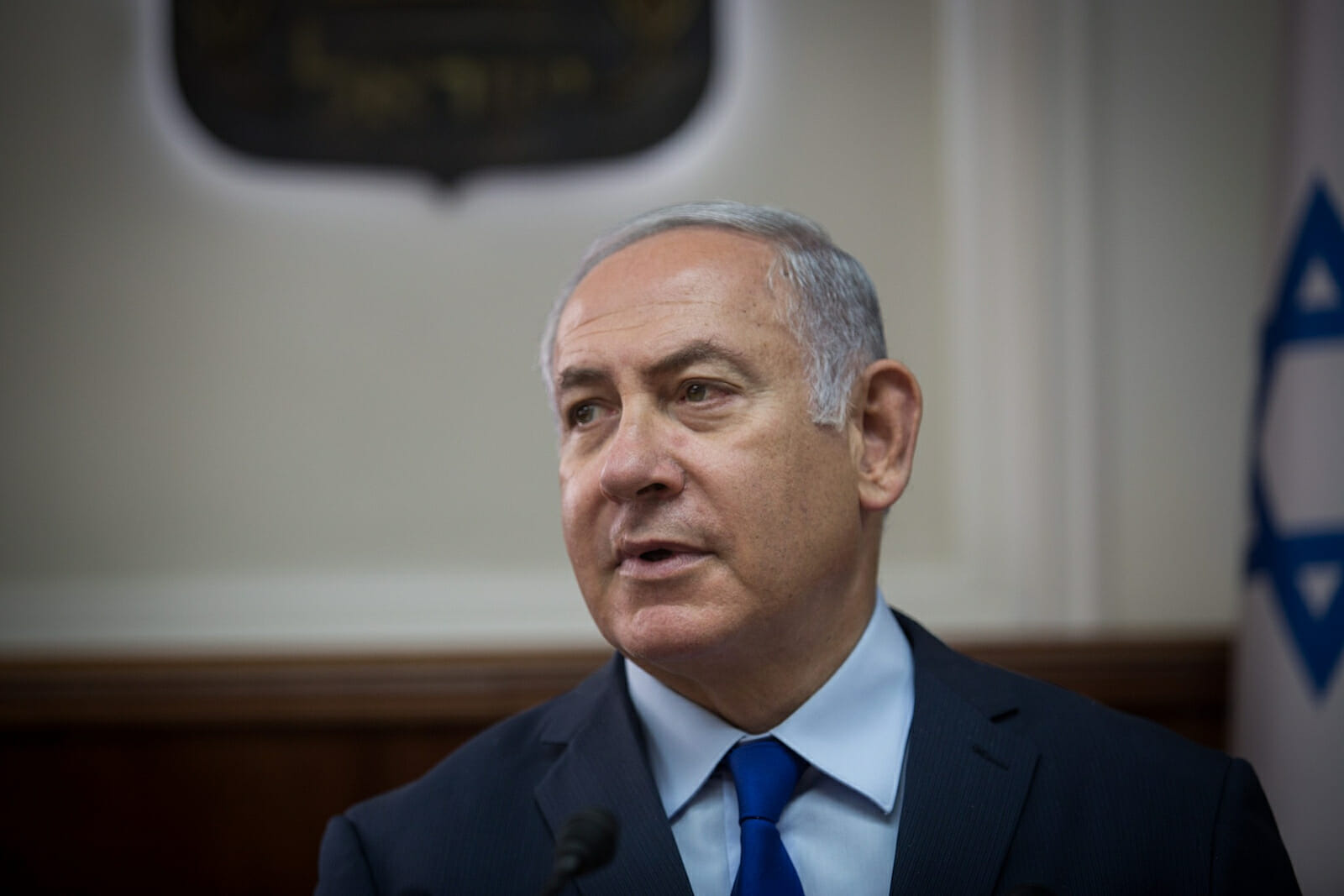
Will Netanyahu Quit?
It appears that the Israeli public is not happy with Benjamin Netanyahu. He is Israel’s longest-serving prime minister since the establishment of the Jewish state in 1948. There are, however, strong anti-Netanyahu sentiments brewing-up in the country given his handling of the coronavirus pandemic and involvement in corruption. A series of demonstrations underscores the fact that Netanyahu is not Israel, and Israel is not Netanyahu. In the backdrop of this, it is worth examining the wider context of the anti-Netanyahu movement that has the potential to change Israel’s political landscape.
Netanyahu’s mishandling of the pandemic looks like a prima facie case for his removal from office, however, it is not the only reason for the demonstrations calling for his resignation. On August 1st, Israelis held a mass demonstration outside Netanyahu’s official residence in Jerusalem, as well as near his private house in Caesarea located in northcentral Israel. Demonstrators also gathered in central Jerusalem and Tel Aviv to vent their anger and decry Netanyahu’s clumsy policies. The nation-wide protests recorded the highest number of demonstrators, the largest ever turnout since 2011.
There are close to 80,000 confirmed COVID cases and nearly 600 people have died. It is widely believed that Netanyahu could have done better to avoid such high numbers of infections and deaths by rolling out an effective national plan to deal with COVID-19. Instead of focusing on the public health issue, he was caught busy name-calling and has adamantly criticised demonstrators as leftists and anarchists. As a result of his lacklustre approach, the wave of protests are gaining steam from wider society including Israel’s left, which includes activist Gonen Ben Yitzhak, the Black Flag anti-corruption movement led by Amir Haskel, and several others who want Netanyahu to step down.
With the memory of the death of George Floyd still fresh in people’s minds, Netanyahu ally, and Israel’s Minister of Public Security, Amir Ohana, has also come under heavy public scrutiny amid police brutality. Ohana even ordered police to not allow peaceful demonstrations outside the prime minister’s residence according to local radio news. The growing resentment then led to a protest held outside Ohana’s home in Tel Aviv on July 28. The Knesset rejected a motion in early July 2020 to establish a parliamentary inquiry committee to investigate recent allegations of police brutality which led to the killings of Ethiopian-Israeli Solomon Tekah and Palestinian Eyad al-Hallaq. It is Netanyahu while serving as prime minister in 1998 who through an order termed ‘Kesem HaMangina’ allowed law enforcement agencies to use lethal force against civilians. Both Ohana and Netanyahu belong to Likud, a right-wing party with political support from far-right groups and ultra-Orthodox Jews.
It could be argued that Netanyahu is an ethically and morally corrupt leader who has no concern for the Jewish public. This sentiment is consolidated further due to his track record of corruption scandals that include fraud, bribes, and breach of trust. To calm the public anger, Netanyahu’s government announced a $1 billion relief package for Israelis. However, it is unclear how he wants to tame unemployment that has risen to 21% since nationwide lockdown measures were implemented. Many businesses are broke, people have lost their jobs, and Netanyahu has failed to manage the trade-offs between public health and economic issues.
Netanyahu formed a coalition government with his party rival Benny Gantz from the White and Blue Party after a series of political stalemates in the last year. Gantz is currently a defence minister and an alternate prime minister, due to the arrangement he made with Netanyahu to form the government. As part of the accord, Netanyahu would vacate the office in November 2021 and Gantz will assume the post. However, if Netanyahu fails to deter the mounting public pressure amid the rise in coronavirus cases, he may be asked to quit the office earlier than the set deadline of November 2021. Gantz has taken a cautious tone by calling protesters the “lifeblood of democracy.”
Calls for Israel’s longest-serving prime minister to quit will be not far off if he fails to deliver for the Israelis. Meaning, preventing hundreds of more deaths from COVID-19. This is the primary and basic foundation on which the modern Israel state stands firm. A poll by the nonpartisan Israel Democracy Institute on July 28 found that only 29.5 percent of the public trusts Netanyahu’s handling of the COVID-19 pandemic. As a face-saving measure, Netanyahu may hand the post over to Gantz to save Likud’s future electoral chances. Not doing so could poison the well for any future Likud party leaders.

